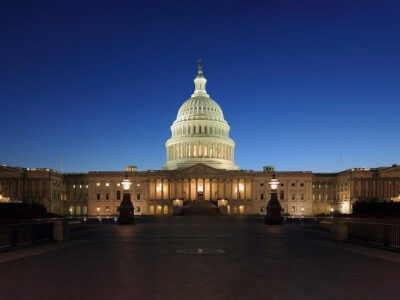A Congressional letter is asking NIH to describe the procedures employed for rooting out sexual misconduct committed by advisors.
Institutions will be required to report sexual misconduct to NIH if House committee bill becomes law
Institutions receiving NIH funds through grants or cooperative agreements would be required—by federal law—to notify the NIH director when a principal investigator or other key personnel are removed or disciplined for “harassment, bullying, retaliation, or hostile working conditions.”
A House appropriations subcommittee voted to increase NIH’s FY2022 budget by $6.5 billion—to $46.43 billion—which falls $2.5 billion short of President Joe Biden’s request for NIH.
The FY22 budget proposed by the White House doesn’t include sufficient funds to sustainably support NCI researchers, even though the proposal includes the largest ever funding increase for NIH, the American Association for Cancer Research said in a letter to House appropriators.
NCI needs more funding to increase its low success rate of NCI-funded grant applications, David A. Tuveson said in testimony before the House Committee on Appropriations.
A measure that authorizes the FDA to mandate companies developing cancer drugs for adults to also study their products in children when there is a matching molecular target was introduced in the House and Senate earlier this week.
The House Appropriations Committee approved a bill that would fund the Department of Health and Human Services through 2017, including the NIH, NCI and other related agencies.
The House Appropriations Subcommittee on Labor-HHS marked up a bipartisan spending bill July 6 that gives NIH a $1.25 billion increase in the 2017 fiscal year.
A Congressional committee earlier this week provided a venue for opponents of a controversial Medicare Part B payment model to argue against its implementation by Centers for Medicaid Services.
Over 150 organizations sent an open letter to the leaders of the Senate Health, Labor, Educations and Pensions Committee, supporting them for advancing legislation that will form the basis of the Senate's version of the 21st Century Cures Act, which passed the House last year.











